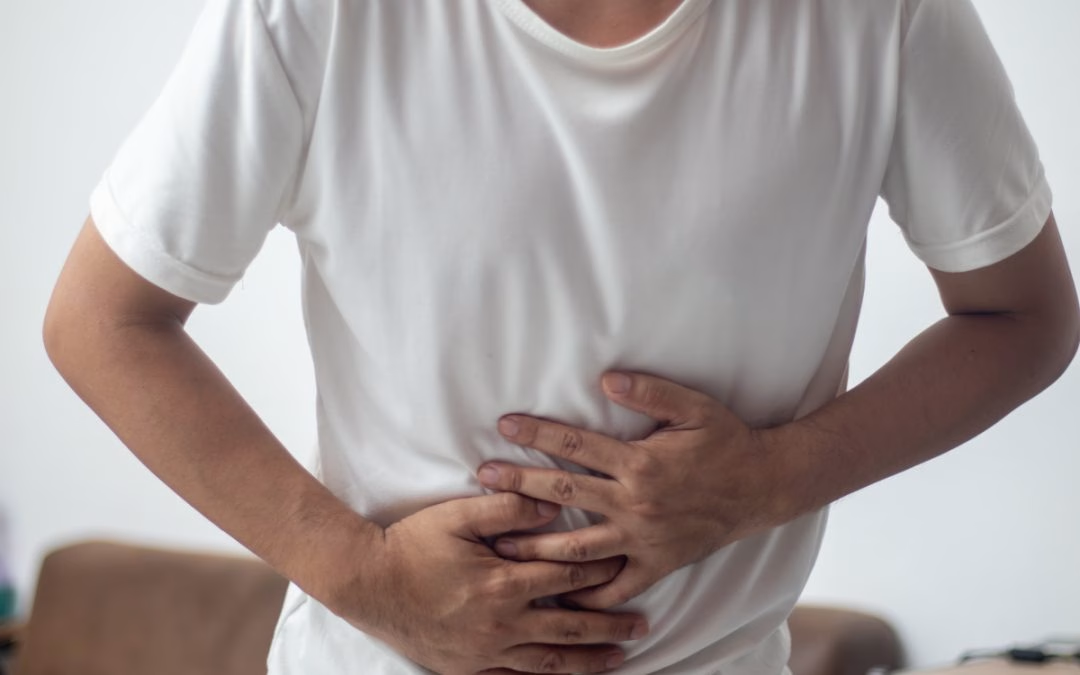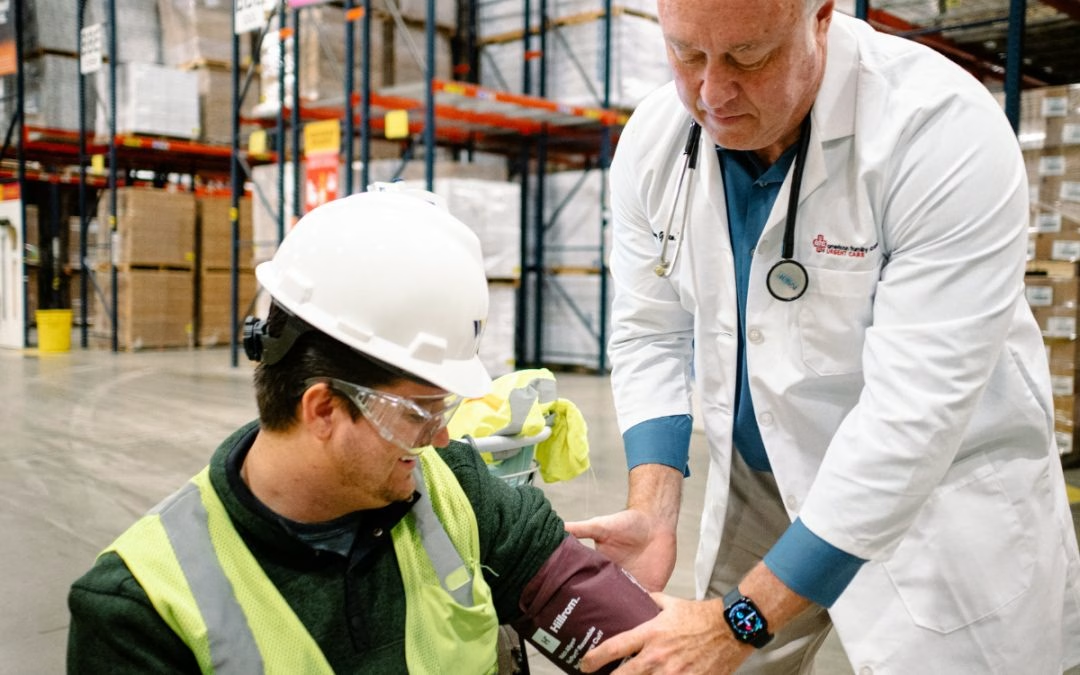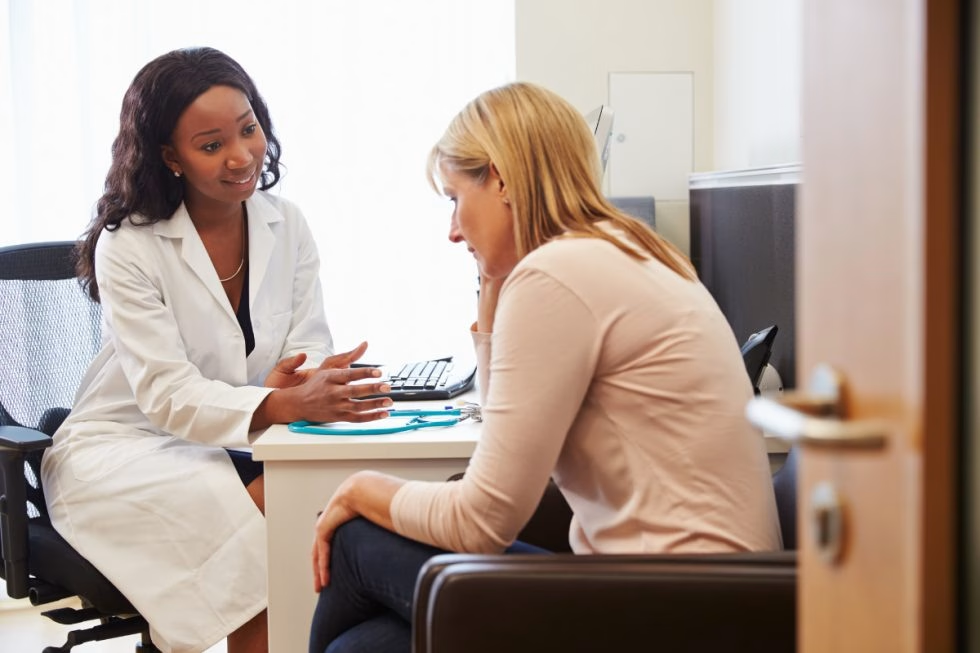
If you’ve been hitting the gym at Ultimate Fitness to keep up with your fitness goals, you may be sharing more than just workout equipment. Highly contagious viruses like norovirus can spread quickly in public spaces, leading to unpleasant symptoms that can sideline your routine. But just how contagious is norovirus, and what can you do to protect yourself?
At AFC Gastonia, we understand the importance of staying healthy, especially during peak illness seasons. This blog will help you understand how norovirus spreads, what symptoms to watch for, and when to seek medical care.
What is Norovirus?
Norovirus is a highly contagious virus that causes acute gastroenteritis, an inflammation of the stomach and intestines. Often referred to as the “stomach flu,” norovirus is one of the leading causes of foodborne illness outbreaks in the United States. However, unlike bacterial infections, norovirus does not respond to antibiotics, making prevention and symptom management crucial.
How Contagious is Norovirus?
Norovirus spreads extremely easily, even in small amounts. It is primarily transmitted through:
Direct contact with an infected person: Shaking hands, hugging, or sharing utensils can pass the virus along.
Contaminated food or water: Eating food prepared by someone who is infected or consuming contaminated water increases your risk.
Touching infected surfaces: Norovirus can survive on surfaces for days. If you touch a contaminated doorknob, gym equipment, or faucet and then touch your mouth, nose, or eyes, you could become infected.
Because norovirus is resistant to many disinfectants and can withstand extreme temperatures, it can be difficult to eliminate without proper cleaning methods. Outbreaks are common in places like cruise ships, schools, restaurants, and daycare centers due to the virus’s rapid transmission.
Symptoms of Norovirus
Symptoms of norovirus typically appear 12 to 48 hours after exposure and can last for one to three days. The most common symptoms include:
- Sudden nausea and vomiting
- Watery diarrhea
- Stomach cramps and discomfort
- Low-grade fever and chills
- Muscle aches and general fatigue
While most people recover fully within a few days, dehydration can become a serious concern, particularly for young children, older adults, and those with weakened immune systems.
How to Treat Norovirus
There is no specific cure for norovirus, as it is a viral infection that must run its course. However, symptom management and supportive care are essential:
Stay Hydrated: Drink plenty of fluids, including water, electrolyte solutions, or clear broths, to prevent dehydration. Avoid caffeine and alcohol, as they can worsen dehydration.
Get Plenty of Rest: Your body needs time to fight off the infection. Rest as much as possible to aid recovery.
Eat a Bland Diet: Stick to easily digestible foods like toast, rice, bananas, and applesauce until your stomach settles. Avoid greasy, spicy, or dairy-based foods.
Consider Over-the-Counter Medications: While there are no medications to treat norovirus directly, taking anti-nausea or anti-diarrheal medications under the guidance of one of our healthcare providers may help alleviate symptoms.
When to Visit AFC Gastonia
In most cases, norovirus symptoms resolve on their own. However, there are situations where medical attention is necessary:
- Signs of severe dehydration, including:
- Dizziness or lightheadedness
- Dark urine or infrequent urination
- Dry mouth or excessive thirst
- Fatigue or confusion
- Persistent vomiting or diarrhea lasting more than three days
- High fever (above 102°F)
- Blood in vomit or stool
At AFC Gastonia, our medical team can assess your symptoms, provide IV fluids if needed, and ensure you’re on the right path to recovery. If dehydration or other complications arise, we’re here to help, no appointment necessary.
How to Prevent the Spread of Norovirus
Since norovirus is highly contagious, following these preventive measures can significantly reduce the risk of infection:
Wash Your Hands Frequently: Use soap and water for at least 20 seconds, especially after using the restroom, preparing food, or caring for someone who is ill. Hand sanitizers are less effective against norovirus.
Disinfect Contaminated Surfaces: Use a bleach-based cleaner to disinfect kitchen counters, bathroom surfaces, and commonly touched items like doorknobs.
Practice Safe Food Handling: Wash fruits and vegetables thoroughly, cook shellfish to safe temperatures, and avoid preparing food if you’re feeling unwell.
Stay Home if You’re Sick: Norovirus spreads easily, so it’s essential to avoid public spaces, school, or work until at least 48 hours after symptoms subside.
Stay Healthy This Season
With so much to enjoy in Gastonia, from local events to fitness routines, don’t let norovirus disrupt your plans. By recognizing symptoms early, staying hydrated, and practicing proper hygiene, you can protect yourself and those around you.
If you or a loved one experiences severe symptoms or dehydration, visit our clinic for prompt medical care. Our team is here to provide expert support so you can get back to your daily activities as soon as possible. Walk in today, no appointment needed!

